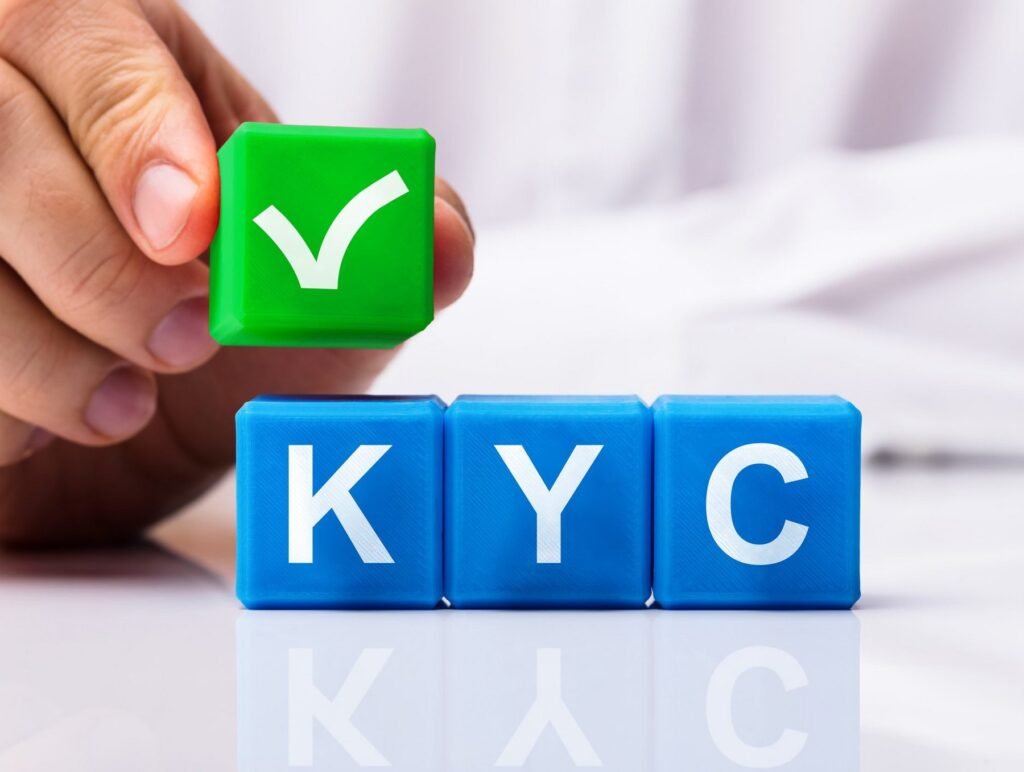Money launderers often try to use legitimate businesses to hide the source of their illegal funds. Some industries, due to the services they offer, are more vulnerable to this risk. These are known as designated services and include a range of activities in the financial services, bullion trade, and digital currency exchange sectors. The list of designated services is expected to expand over time.
Businesses that provide designated services are called reporting entities. Reporting entities must follow certain rules to help prevent money laundering and terrorism financing. A key part of these rules is the Know Your Customer (KYC) process – checking and confirming who your customers are before you provide services.
AUSTRAC, the government agency that monitors financial transactions in Australia, provides guidance to help businesses meet these anti-money laundering (AML) obligations.
Know Your Customer (KYC) Requirements
Before providing a designated service, reporting entities must:
- Verify customer identity – Collect and check information to confirm that an individual is who they claim to be, or that a business or organisation is genuine.
- Identify beneficial owners – Determine who ultimately owns or controls a business or organisation.
- Identify politically exposed persons (PEPs) – Identify customers who are PEPs or who have beneficial owners who are PEPs.
- Resolve discrepancies – Record how any inconsistencies in the information are handled.
- Apply risk-based checks – Use systems and controls to decide when extra information or further verification is needed.
- Identify agents – Collect and check information about agents acting for a customer.
These steps must be documented in the AML/CTF program of the business. This is a mandatory requirement for all reporting entities.
Consequences of Non-compliance
Failing to comply with KYC Requirements can lead to serious consequences, including financial penalties and public infringement notices, which can harm your reputation and drive customers away.
Financial institutions may also request copies of your AML/CTF program if you belong to a high-risk sector (e.g. remittance service providers, DCEs, sex workers) and deal with your company based on their assessment of risks related to your company. Where they are not convinced that you complied with the AML regime, they may debank you or refuse to provide services to you.
This means choosing to have and implement a vigorous KYC and AML program and system is a beneficial commercial decision as it puts you in a better position to access other crucial services and prevents you from losing business.
Need help to ensure you are compliant?
At Shore Lawyers, we provide a variety of services to help you stay on top of your KYC/AML obligations. Reach out at (02) 9712 4244 or email us at cases@shorelawyers.com.au to set up a discussion to receive expert legal advice.




